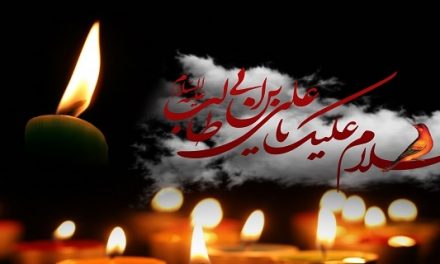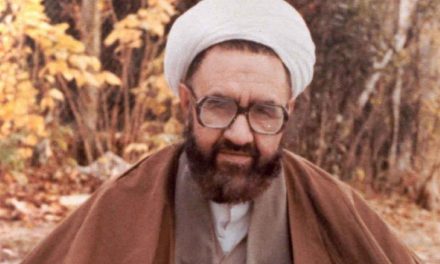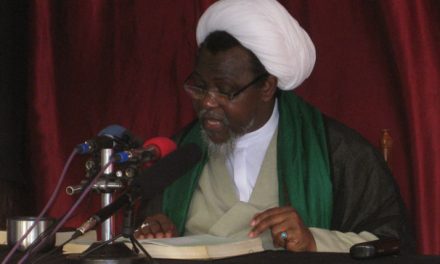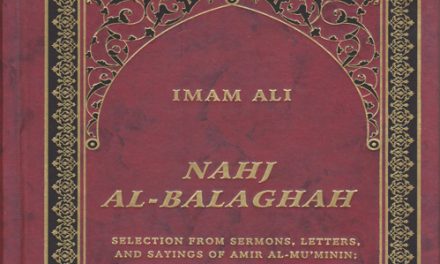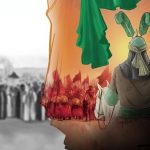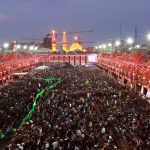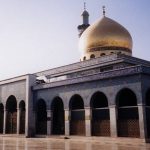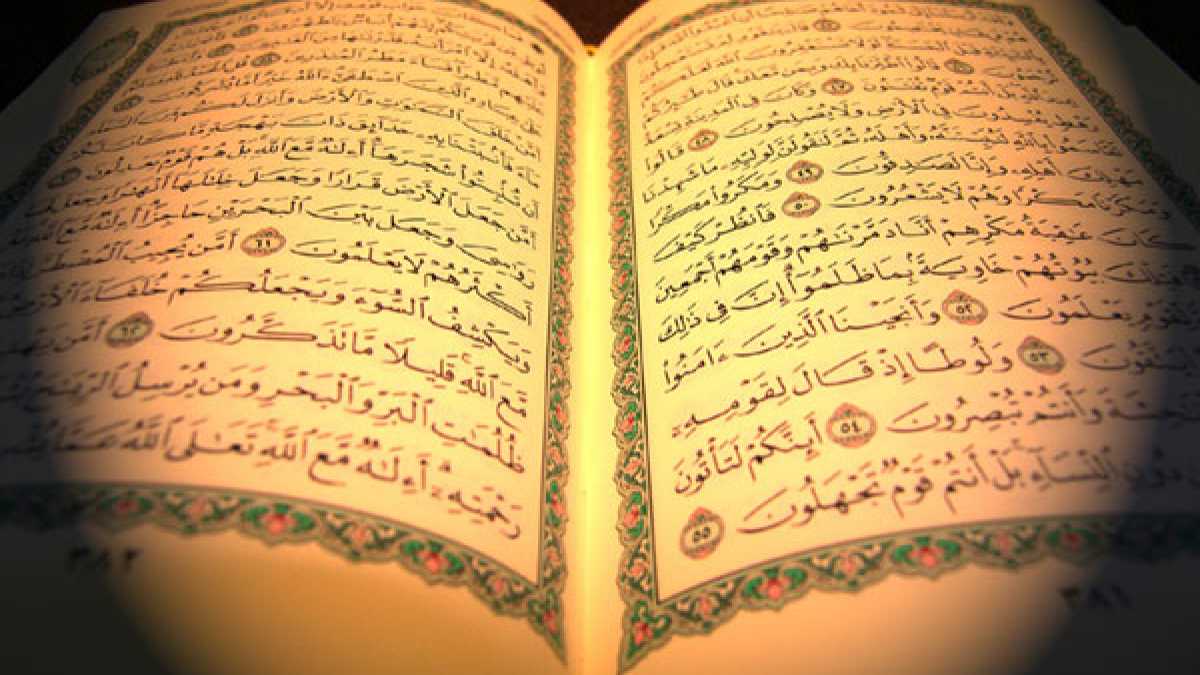
The Glorious Qur’an, the revealed word of Almighty Allah to His last and greatest Prophet, Muhammad (PBUH), is the source of all divine laws and has given humanity a perfect system of life and a code of well-defined ethical values. Every Muslim knows that he is obliged to apply Quranic instructions in his daily life and refer to them for guidance. Numerous verses of the Holy Qur’an spotlight the lofty position of the Ahlul-Bait, directing and exhorting the Muslims to adhere to their path. Broadly speaking these verses could be classified as follows:
- There are instances of direct references by virtue of special epithets such as Ahlul-Bait in the verse of purification ayat al-Tathir, or al-Qurba as in ayat al-Mawaddah. Sometimes the verses make indirect references which the Prophet expounded to his companions.
- The Qur’an also records certain incidents and events relating to the AhIuI-Bait, focusing on their merits and virtue, and thereby solving the leadership issue for the Muslim community. It either refers to them collectively as in the Mubahalah verse and the eighth verse of Dahr surah, or individually as in the Wilaya verse which is quoted below: “Only Allah is your (Wali) and His Apostle and those who believe, those who keep up prayers and pay the poor-due while they bow’.
We shall now study in detail some of the verses – out of the many which throw light on the lofty merits and greatness of Prophet Muhammad’s immediate family.
The Verse of Purity (Tathir)
“…Allah desires to keep any uncleanness from you people of the House and make you pure as pure can be”. All exegesis’s of the Holy Qur’an and narrators of the Prophet’s traditions, unanimously agree that the word AhIuI-Bait, or the Household of the Prophet as used by Almighty Allah in the Qur’an, refers only to four persons: The Prophet’s daughter Fatima (AS), her husband Ali (AS) and their two children Hassan (AS) and Husain (AS).
The famous exegist Suyuti in his renowned commentary Dur al-Manthur’ cites Tabarani’s narration from Umm Salama that the Prophet once told his beloved daughter Fatima to call her husband Ali and their two sons Hassan and Husain. When they came, the Prophet covered them with a Fadak cloak and putting his hand on them, said: O Allah! these are the Progeny of Muhammad, so, shower your blessings and favors on family of Muhammad as you showered them on Family of Abraham; You are the Praiseworthy, the Glorious.. Umm Salama said that she raised the cloak to join them, but the Prophet pulled it out of her hand and said: You are (also) on the right’.
Another narration from Umm-Salama says that once the Prophet was in her house lying on a mattress, covered with a cloak from Khaitiar when his beloved daughter Fatima (AS) entered with a dish called aI-Khazira (a kind of food). The Prophet asked her to call her husband (All) and her two sons, Hassan and Husain. She called them and as they all sat together to eat, Allah revealed the following verse to the Prophet. “…Allah desires to keep any uncleanness from you, o’ people of the House and make you pure as pure can be.
Upon this the Prophet covered them all with his cloak and lifting his hands towards the sky said: “O Allah! This is my family and the nearest of my kin, keep away from them uncleanness and keep them pure as pure can be. Umm Salama adds that thrice the Prophet repeated these words and when she poked her head under the cloak and asked him Am I with you. In a refraining gesture, he said twice: “You are (also) among the righteous”.
On many, an occasion the Prophet explained the meaning of this verse to the Muslims and drew their attention to its significance. Abi Sa’id Khidri quotes the Prophet as saying: “This verse was revealed concerning five persons): Myself, Ali, Fatima, Hassan and Husain.” “Allah desires to keep away unbelieverness from you, people of the House and make you pure as pure can be “.
A Tradition from A’isha who was a wife of the Prophet, also confirms the five persons meant in this verse. She says: once the Prophet came wrapped up in a cloak of black hair. After a while, Hassan entered and he took him inside the cloak, then Husain came and joined them inside the cloak. Soon his daughter Fatima came and he took her inside also. Then Ali entered and he was also taken inside the cloak. When all five of them were assembled under the cloak, Aa’isha says the Prophet recited (the purification verse) as a further confirmation of the Ahlul-Bait’s dignity, as the verse had already been revealed earlier concerning these five infallible: “Allah desires to keep away uncleanness from you, People of the House and make you pure as pun can be”.
Another famous narration found in Islamic works, says that after the revelation of this verse the Prophet while passing his daughter Fatima’s (AS) house on his way to the mosque for the dawn prayers, used to call: “To prayer, O Ahlul-Bait, to prayer; Allah desires to keep away uncleanness from you, People of the House and make you pure as pure can be.” This is how the Holy Qur’an refers to the Ahlu1-Bait (AS), and makes clear their infallible personalities, which are far from uncleanness, disobedience error, sin and personal whim.
Their character and etiquette are models of perfection to be emulated by the Muslims. The Quran’s emphasis on their noble status and lofty position, was to urge the Muslim nation to follow their bright examples and refer to them after the Prophet for information and guidance concerning divine laws and its decisions. They are the one towards whom the Muslim nation looks for a practical criterion of Islam, and refers in matters relating the differences of ideas, opinions and thinking.
Source: al-shia.org

